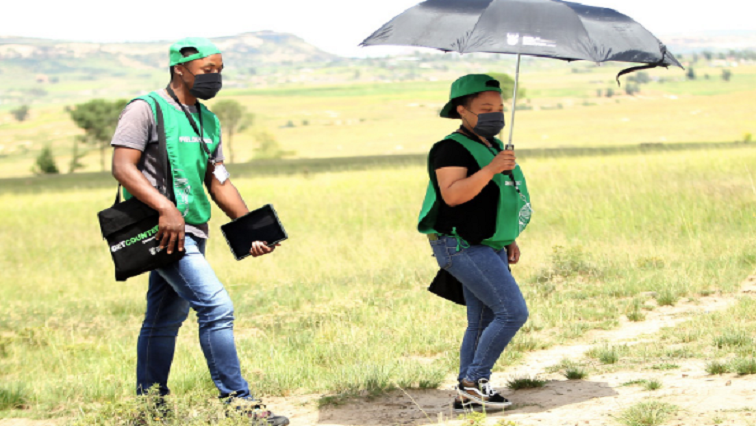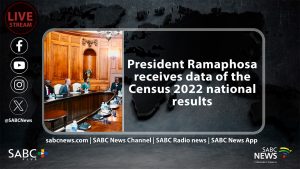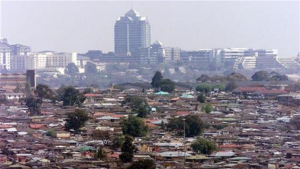Residents of Alexandra, north of Johannesburg, have expressed mixed reactions in taking part in this year’s Census. While some are excited to be part of it, others believe it will contribute nothing to improving their lives.
Alexandra is one of the oldest and yet overcrowded and impoverished townships. Many families live cramped together in tiny rooms and the overpopulation has put pressure on the infrastructure leading to constant sewer spillages.
Statistics South Africa’s field workers are going to have a tough time convincing some community members to take part in this year’s Census. Already some residents of Stjwetla in Alexandra have put out a list of grievances about their poor living conditions and how government is not doing enough to address them.
In June 2019, residents in the area, under the banner of the Alexandra Total Shutdown protested for days over poor service delivery challenges. Community activist Thabo Mopase says the schools are overcrowded.
“Alex has about 19 schools and these schools are flooding with children. The schools that were supposed to have been built by the Alexandra Renewal Project were supposed to be 12. We are running short of 12 schools. We also have a problem with courts. The population is very huge. We have only one court. We have only one police station and it can’t carry the population of the people of Alexandra.”
Census 2022 | Task of counting SA’s population, Mbalenhle Mthethwa updates from Alexandr:
It is not only these facilities that are overburdened by the population, but the infrastructure is also under tremendous pressure.
A study that reviewed the R1.3 billion Alexandra Renewal Project introduced by former president Thabo Mbeki in 2001 to improve the living conditions in Alexandra including housing and infrastructure, found that not much has changed.
Zenzile Mbinza, a town and regional planning lecturer at the University of Johannesburg and one of the members that reviewed the Alex Renewal Project, says
“Alex has got a lot of backyard shacks. So, instead of one dwelling on a plot, you now start finding six to eight, and that increases the pressure on the infrastructure. And so, you will see that the infrastructure is not coping. You look at the road, the sewer system, it is overloaded. There isn’t much space for people to maneuver or find space for housing.”
Despite government buildings, thousands of housing units, clinics, roads, business centres, the township’s population continues to increase resulting in poorly maintained roads and the proliferation of informal settlements like Stjwetla.
Patrick Makhubele, one of the residents, believes the Census is an important exercise that could help improve his life.
“When they submit the reports to government, they will see how many people are there; what kind of services are needed; how many flushing toilets are needed. But if it is disorganized like this, they will not know how many people are living here and bring one toilet and find that it is inadequate.”
These residents had mixed reactions in participating in this year’s Census.
“I will welcome them into my home. It has to happen and I will take part,” says one resident.
“I don’t think it is ok for us to be counted. What for? I don’t understand. We have not been told anything. They have not come this side. We have heard about the Census, but I am tired of these things, we always asked to fill in documents. I no longer what to fill in any forms. I am ok,” says another resident.
Judas Ngobeni, Statistics South Africa’s Field Operations Director for Gauteng, says they’ll be fielding approximately 27 000 field workers to conduct the Census in Gauteng.
Ngobeni says one enumerator will be allocated about 150 households to work on for the entire month. There have been fears especially among migrants that those found to be in the country illegally would be deported but Ngobeni says there is no truth in those claims.
“To us, country of origin is immaterial, even though we ask about it because we need that information to measure international migration. Because most of the foreign nationals were concerned about why you are asking me where I was born. So, that information is solely for statistical purposes.”
This is the fourth Census post-democracy that Stats SA will be undertaking where all people within the country’s borders will be counted. The data will help guide government in policy formulation and improved service delivery.
Household counting off to a slow start in townships:






